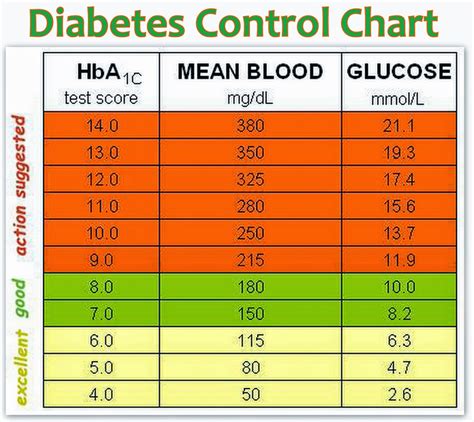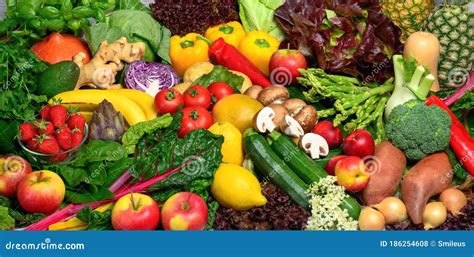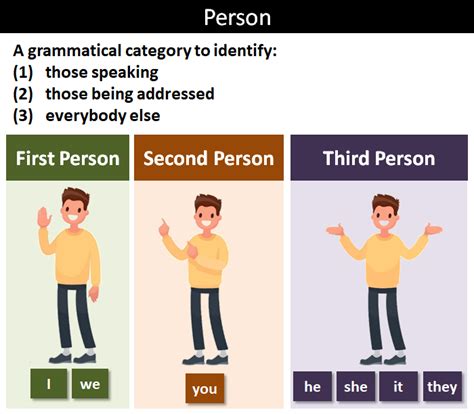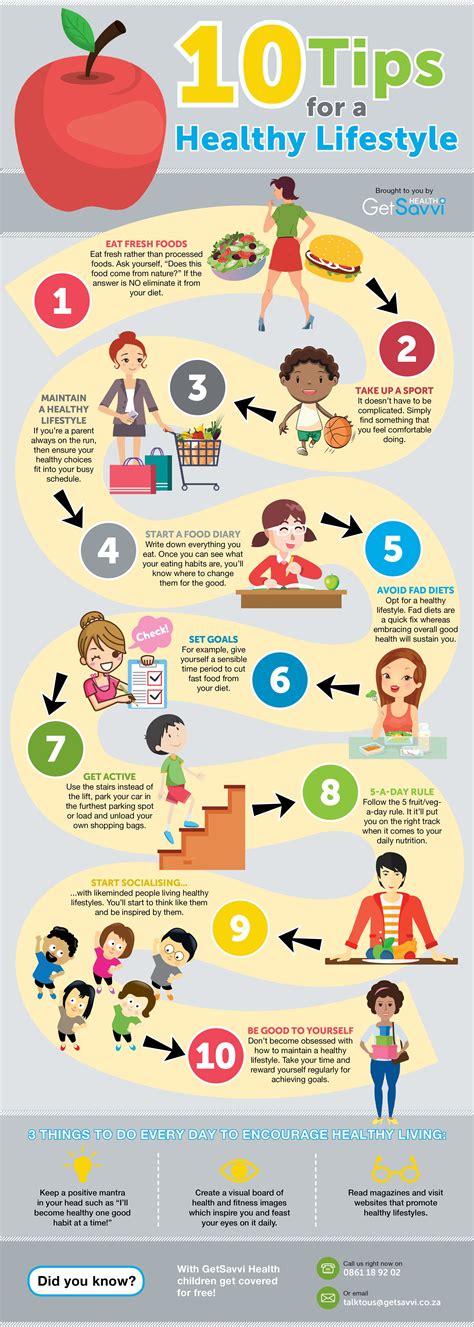Conquering the Midday Slump: Fueling for Sustained Focus
The dreaded post-lunch energy crash is a common foe, turning productive afternoons into a battle against drowsiness and declining concentration. It’s often the result of poor food choices that send blood sugar soaring, only to plummet shortly after. But by understanding how different foods impact our bodies and brains, we can strategically fuel ourselves for sustained focus, unwavering energy, and a productive afternoon.
Understanding the Energy Rollercoaster
Many common lunch choices, particularly those high in refined carbohydrates and simple sugars (think white bread sandwiches, sugary drinks, or processed snacks), lead to a rapid spike in blood glucose. Your body then releases a surge of insulin to bring these levels down, often too quickly, resulting in a sudden drop – the dreaded crash. This isn’t just about feeling sleepy; it impairs cognitive function, decision-making, and overall productivity.

The Pillars of Sustained Energy and Focus
To avoid this cycle, we need to choose foods that provide a steady release of energy, support brain health, and keep us feeling satiated without the heavy, sluggish feeling. The secret lies in a balanced combination of complex carbohydrates, lean proteins, healthy fats, and fiber.
Complex Carbohydrates: Your Steady Fuel Source
Unlike their refined counterparts, complex carbohydrates are digested slowly, providing a gradual and consistent supply of glucose to your brain and body. They are your primary energy source without the dramatic spikes and crashes.
- Whole Grains: Oats, quinoa, brown rice, whole-wheat bread, whole-grain pasta.
- Legumes: Lentils, chickpeas, black beans, kidney beans.
- Starchy Vegetables: Sweet potatoes, butternut squash, corn.
Lean Proteins: Building Blocks for Brain and Body
Protein is essential for muscle repair, hormone production, and, crucially, for synthesizing neurotransmitters that influence mood, focus, and alertness. It also slows down digestion, helping to stabilize blood sugar levels and keep you feeling full longer.
- Lean Meats: Chicken breast, turkey.
- Fish: Salmon, tuna, cod (rich in Omega-3s for brain health).
- Eggs: A complete protein source with choline for memory.
- Plant-Based: Tofu, tempeh, lentils, Greek yogurt, cottage cheese.

Healthy Fats: Brain Power and Satiety
Healthy fats are crucial for brain function and cell integrity. They also contribute to satiety, further preventing overeating and the subsequent energy slump. Focus on unsaturated fats.
- Avocados: Rich in monounsaturated fats.
- Nuts & Seeds: Almonds, walnuts, chia seeds, flax seeds (Omega-3s, fiber).
- Olive Oil: A staple in Mediterranean diets, good for cooking and dressings.
Fiber-Rich Foods: The Unsung Hero
Fiber, found abundantly in fruits, vegetables, and whole grains, plays a vital role in regulating blood sugar. It slows down the absorption of sugars into the bloodstream, preventing rapid spikes and crashes. It also promotes gut health, which is increasingly linked to brain function and mood.
- Berries: Blueberries, strawberries, raspberries.
- Leafy Greens: Spinach, kale, broccoli.
- Apples & Pears: With skin for maximum fiber.

Hydration: The Foundation of Mental Clarity
Dehydration, even mild, can significantly impair concentration, memory, and mood. Ensure you’re drinking enough water throughout the day, especially around mealtimes, to support all bodily functions, including optimal brain performance.
Crafting Your Crash-Proof Lunch
Putting these components together means thinking about balanced meals. A perfect lunch might include:
- A generous serving of leafy greens and colorful vegetables (fiber, vitamins).
- A source of lean protein (grilled chicken, chickpeas, hard-boiled eggs).
- A portion of complex carbohydrates (quinoa, sweet potato, whole-grain bread).
- Healthy fats (avocado slices, a sprinkle of nuts/seeds, olive oil dressing).
Examples include a quinoa salad with roasted vegetables and salmon, a large mixed green salad with grilled chicken and avocado, or a lentil soup with whole-grain bread.

Foods to Limit or Avoid for Sustained Energy
To truly beat the crash, it’s equally important to minimize certain foods:
- Refined Sugars: Candies, pastries, most desserts.
- Processed Foods: Many packaged snacks, fast food.
- Excessive Caffeine: While a morning coffee can help, relying on multiple sugary caffeinated drinks can lead to jitters and a subsequent crash.

Conclusion
By making conscious choices about what you eat for lunch and throughout your day, you can unlock a consistent supply of energy and maintain sharp focus. Shifting from quick-fix sugary meals to nutrient-dense, balanced options is not just about avoiding a crash; it’s about optimizing your cognitive function, mood, and overall well-being. Start experimenting with these healthy fuels, and enjoy a more productive and energetic afternoon.




